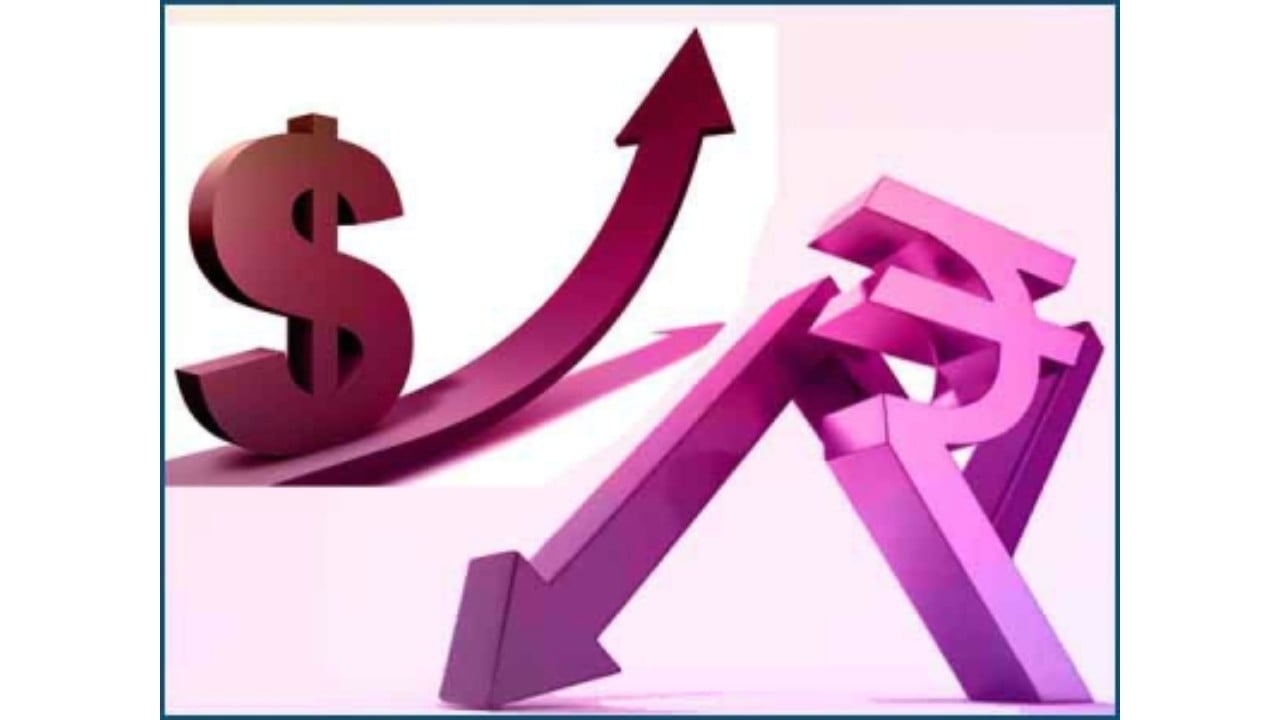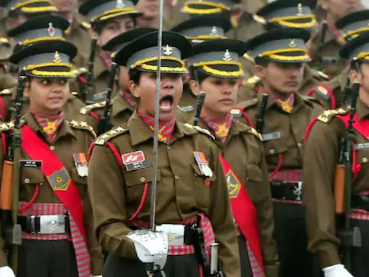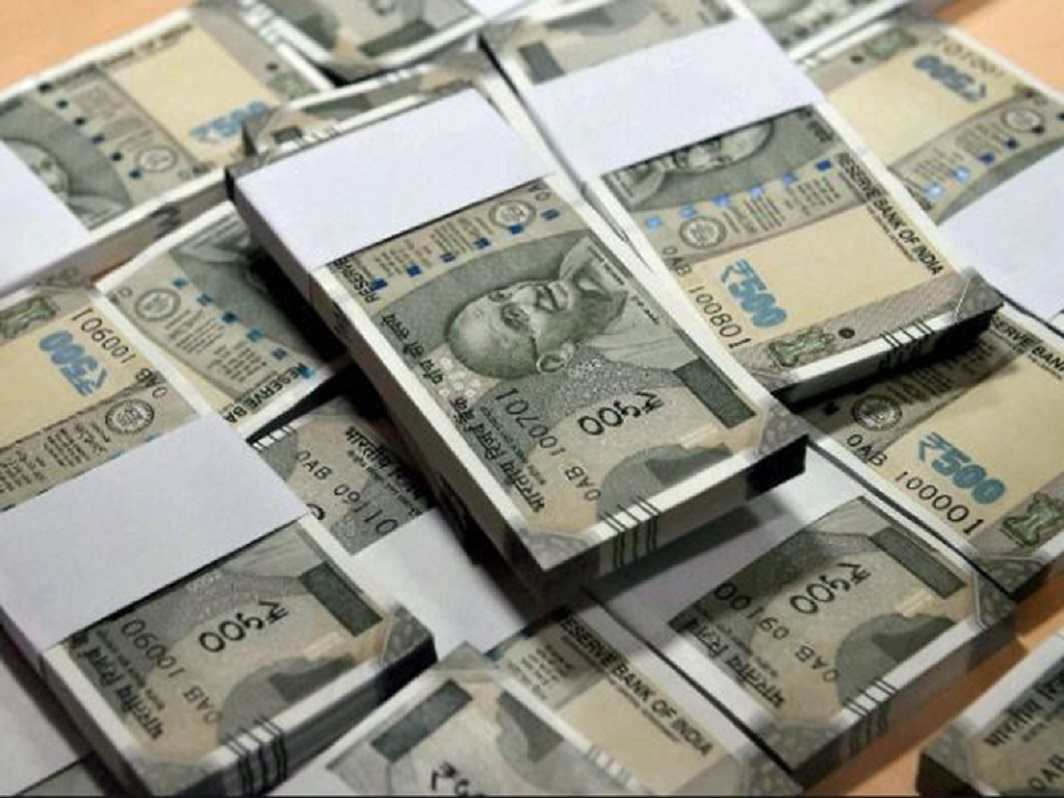The ongoing Russia Ukraine war has not impacted just these two countries’ GDP but also affected the economy globally. India is one such country that is primarily affected by Russia’s invasion of Ukraine. The value of the Indian currency has declined to an all-time low.
The Indian rupee fell to a record lifetime low of 76.97 against the US dollar. It’s due to a significant increase in international crude oil prices, which has threatened to raise imported inflation and deepen the country’s trade and current account deficit.
Global crude oil prices were nearing record highs after reports said that the US and its European allies are considering barring Russian oil imports in response to the country’s invasion of Ukraine. Brent crude oil hit a high of USD 139.13 per barrel, before easing a bit.
Which is the most powerful currency in the world and how does it determine the value of other currencies?
US dollar is the most powerful currency in the world. All the trading in the world is done in US dollars. Each country has its own currency and its value is determined by the economic concept of Demand and Supply.
Read Also: Russia Ukraine War Live Updates: Russia attacks evacuation bus, three wounded, claims Ukraine
The value of a currency that is in higher demand has a higher value. The value of a currency is determined by economic factors such as trade, inflation, employment, interest rates, growth rate, and geopolitical situations.
The concept of currency fluctuation is part of the larger Foreign exchange market.
What is Foreign Exchange Market?
The Foreign Exchange Market is mainly a global market for currency trading. One currency is exchanged for another at a particular rate. The rate at which two particular currencies are exchanged is called the exchange rate.
The value of one country’s currency in relation to another country’s currency is known as the exchange rate.
How does US Dollar determine the value of Indian currency?
The US dollar is in high demand because India imports more goods from the US than it exports. The demand for the US dollar will rise in this situation because more dollars will be paid to the US while purchasing products from them.
To pay for these goods, more dollars will have to be purchased on the foreign exchange market in India. As a result, demand for US dollars will rise compared to the Indian rupee, boosting their value.
Read Also: Russia Ukraine War: These pictures of Ukrainian children caught in midst of war will break your heart
However, if the Indian Rupee’s value plummets dramatically, the government will step in. They will aim to decrease the supply of Indian rupees immediately to compensate for the low demand. They will purchase the Indian rupee on the market with US dollar reserves. As it buys more Indian currency with US dollars, the supply of Indian currency falls while the supply of US money rises, resulting in an increase in the rupee’s value and a reduction in the dollar’s value.
If the oil prices keep increasing at this rapid rate then the Indian currency could head towards 79 per dollar soon.
https://www.facebook.com/watch/?extid=NS-UNK-UNK-UNK-IOS_GK0T-GK1C&v=1124262888399116
Russia Ukraine War Live Updates: Russian military action will stop in a moment is Ukraine meets conditions, says Kremlin


















